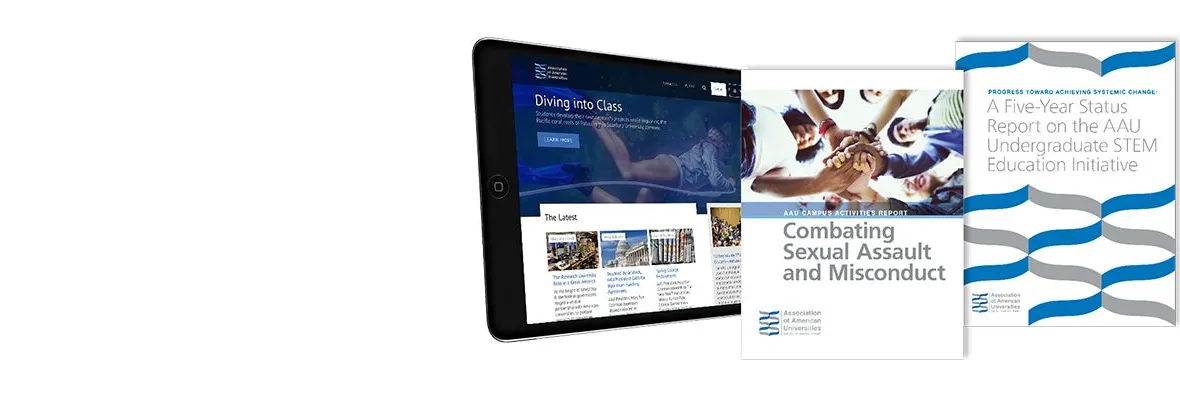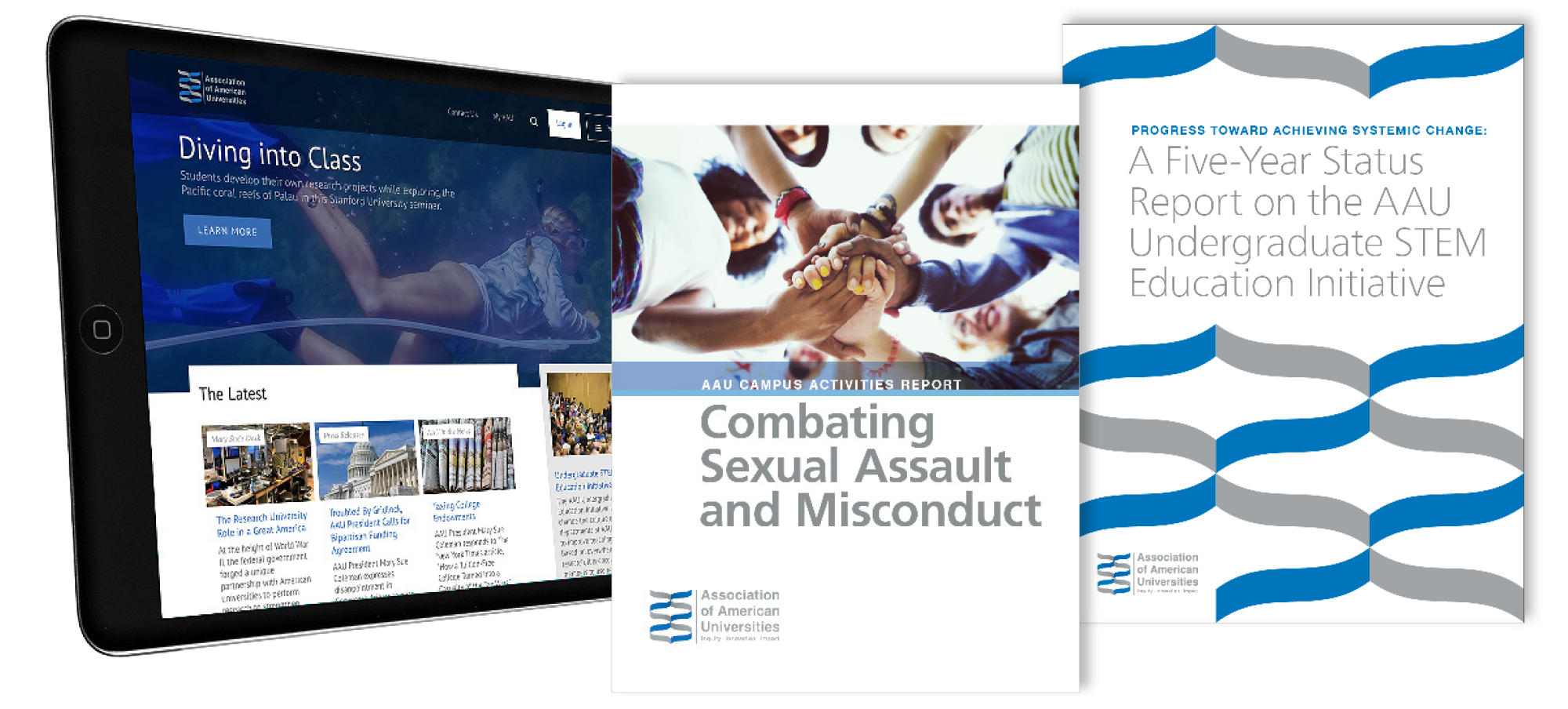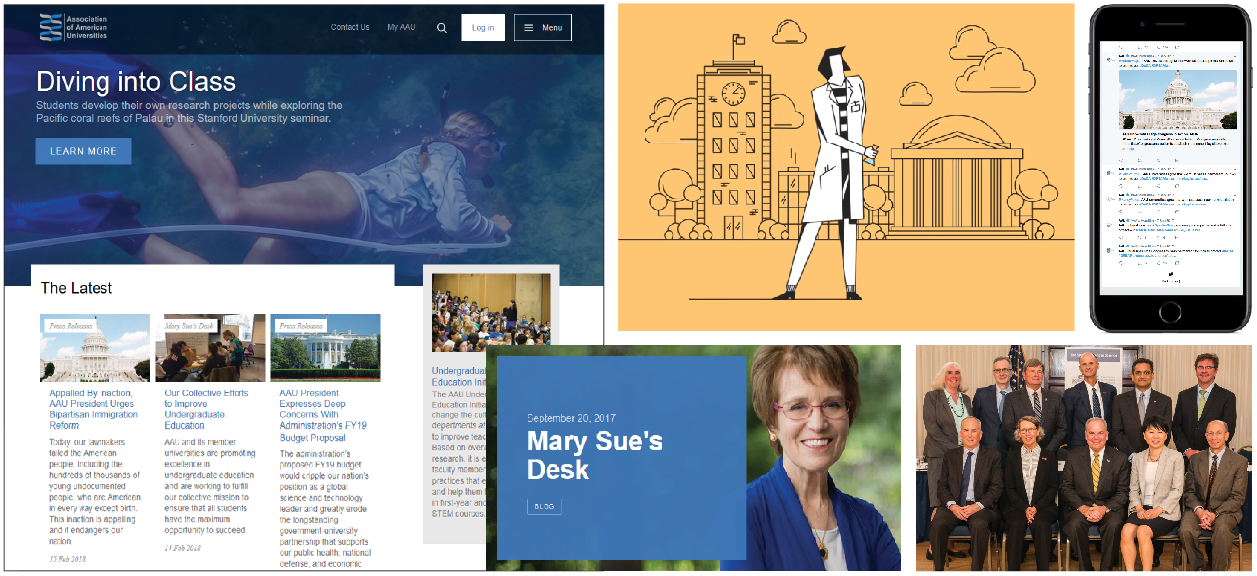FROM THE PRESIDENT
February 2018
Dear AAU colleagues,
To say 2017 was tumultuous would be an understatement. This past year was marked by various affronts to the values and principles our institutions have long embraced and sought to advance. Our collective efforts at the state, local, and federal levels are vital to preserving the trust citizens and policymakers put in universities to serve society.
In 2017, we worked together to elevate our collective voice. We continue to fight for a permanent legal solution to protect DACA registrants. On the travel ban, we sent a clear message to policymakers and the world that U.S. immigration policies must welcome international students, scholars, and researchers.
This past year was marked by various affronts to the values and principles our institutions have long embraced and sought to advance.
When presented with a tax bill that would have devastated higher education, our collective efforts helped maintain important student benefits. We also continued to work with our institutions to improve the quality of undergraduate education through our undergraduate STEM initiative. All this work required new ideas and heightened collaboration to achieve our common goals, and I am grateful for your investing time and energy into AAU’s collective efforts.
As we look to 2018, we plan to build upon the success of the undergraduate STEM initiative by launching a new effort focused on graduate education. AAU will also continue its work to combat sexual assault and misconduct by preparing to administer a campus climate survey in 2019 as a follow-up to our highly-cited 2015 survey. Like its predecessor, this survey will provide participating institutions with detailed information on student experiences and attitudes. In addition, AAU will convene a small group of university officials to discuss free speech issues and to identify effective practices for fostering free speech protections, safety, and civility on campus.
We also expect to engage with federal policymakers on several key issues, including reauthorization of the Higher Education Act, immigration reform, the university-government research partnership, and proposals affecting federal investment in research and higher education programs.
As we enter another challenging year, I hope you will find this report useful. Prepared by the staff, it contains information on AAU activities in the past year. We welcome your comments and look forward to continuing to advance our common goals in 2018.
Sincerely,



